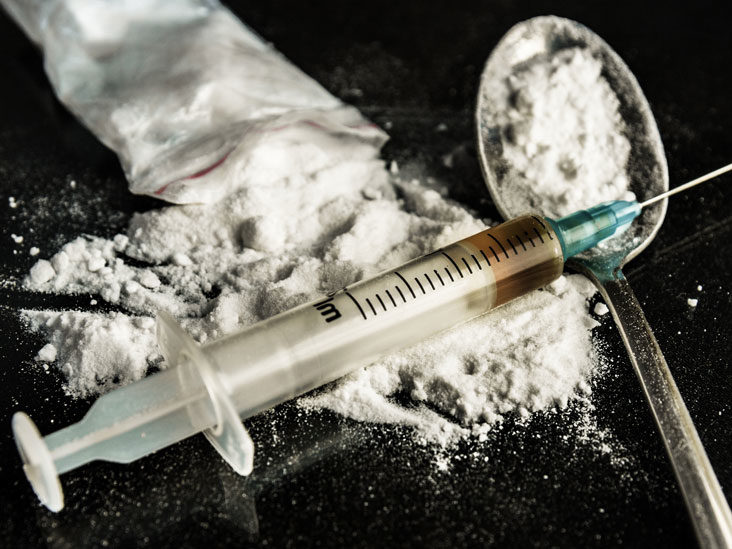What is Heroin?
Heroin is a highly addictive and illegal type of opioid that is not approved for medical use. It is an opioid medication that is derived from morphine, a naturally occurring chemical extracted from opium poppy seedpods.
What Is the Cause of Heroin Overdose?
Overdose on opioids is harmful because it is a fatal side effect of heroin addiction. An immense amount of heroin can cause the heart rate and respiration rate to fall to dangerously low levels, to the point where an individual cannot survive without medical assistance. Without prompt administration of the overdose medication, a drug overdose has a greater chance of being lethal.
About Heroin Overdose.
Since heroin is sold illegally, there is no way to guarantee the drug’s quality or strength. Additionally, it is occasionally combined with other highly corrosive chemicals.
While most overdose victims are already hooked, some overdose on their first attempt. Numerous heroin users also abuse prescription painkillers and other narcotics. Additionally, they may have a drinking problem, and these drugs can be extremely harmful when combined.
Heroin abuse’s effects and dangers
- Opioid use disorder: All types of heroin use, whether smoking, sniffing, or injecting, can result in an opioid use disorder developing rapidly.
- Long-term consequences of heroin abuse: Having concurrent medical illnesses such as lung disease, HIV, or mental illness. Males may experience sexual difficulties, while females may experience alterations in their menstrual periods.
- Short-term effects of heroin abuse, including a rush of positive emotions and hazy thinking. These effects can continue many hours, during which time individuals experience drowsiness and their heart rate and respiration rate slow. When the drug wears off, the user develops a melancholy mood and frequently craves the drug to reintroduce the pleasant feelings.
Overdose Symptoms of Heroin.
Heroin use can result in death due to opioids’ effects on the portion of the brain responsible for breathing regulation. Three signs and symptoms suggest an opioid overdose:
- Pixilated pupils and red eyes:Heroin usage can result in dilated pupils and crimson eyes. One of the indications of heroin abuse is pinpoint pupils. Heroin is an extremely addictive synthetic opioid used recreationally. It causes the body to slow down and acts as a strong analgesic, resulting in extreme relaxation and sleepiness.
- Unconsciousness:The heroin addict exhibits no knowledge of themselves or their environment; brainstem reflexes and posturing motions of the limbs are permitted, but the patient’s eyes do not open in response to an external stimulus, and the patient does not move purposefully.
- Breathing problems:Heroin can cause a person’s respiration to become sluggish, if not completely halt. The term “fatal overdose” refers to this situation. Overdose deaths. Heroin impairs the ability of your lungs to work properly, which makes it more difficult for your body to obtain the oxygen it requires. Indeed, this is why individuals suffering from a heroin overdose frequently cease breathing.
Obtain Assistance Immediately at Taylor’s Rehab Center.
Take action immediately if you or a loved one is battling heroin addiction. Contact Taylor Recovery Center and speak with one of our Care experts who are standing by to assist you.




